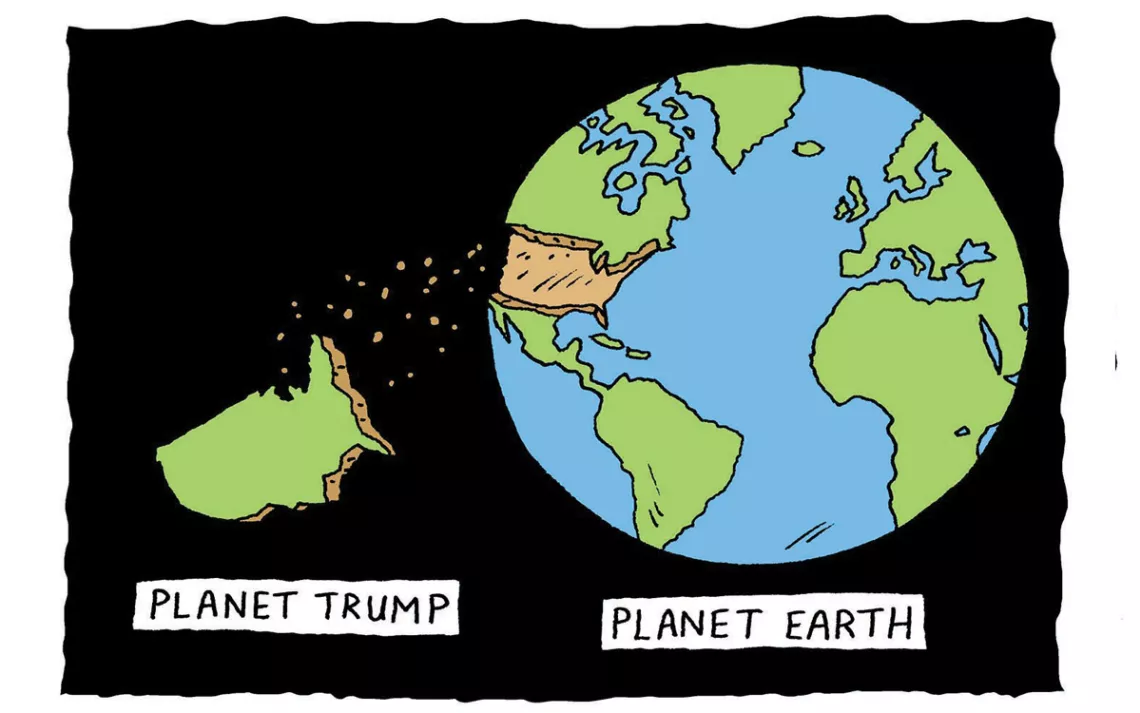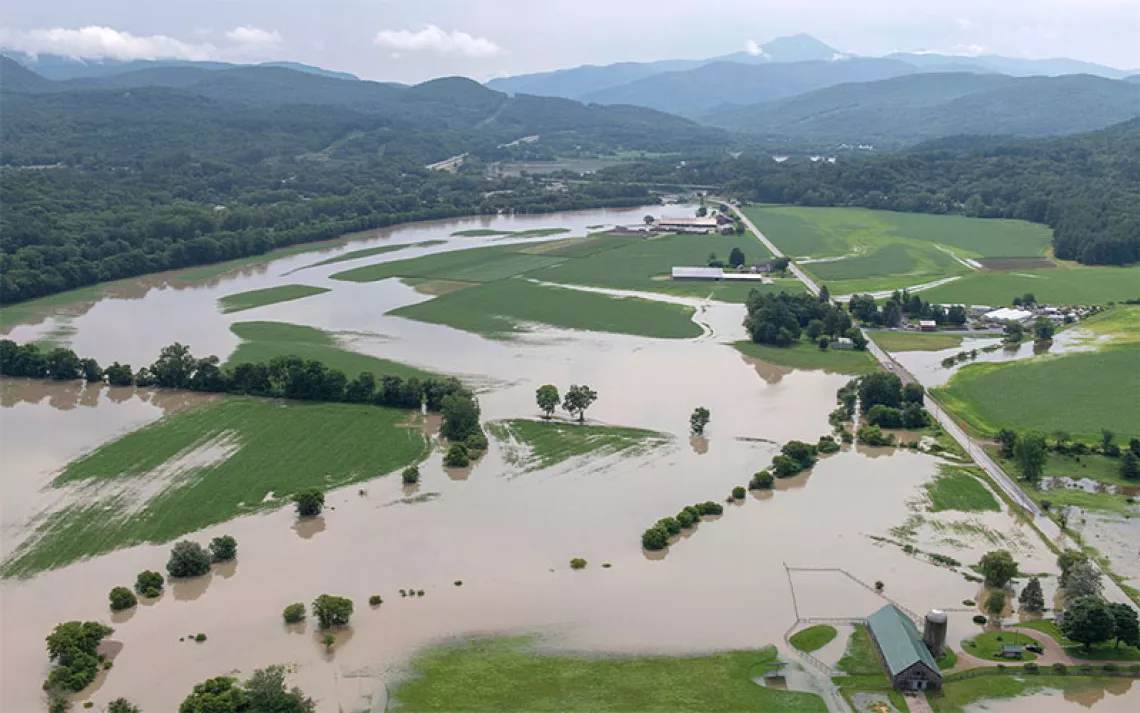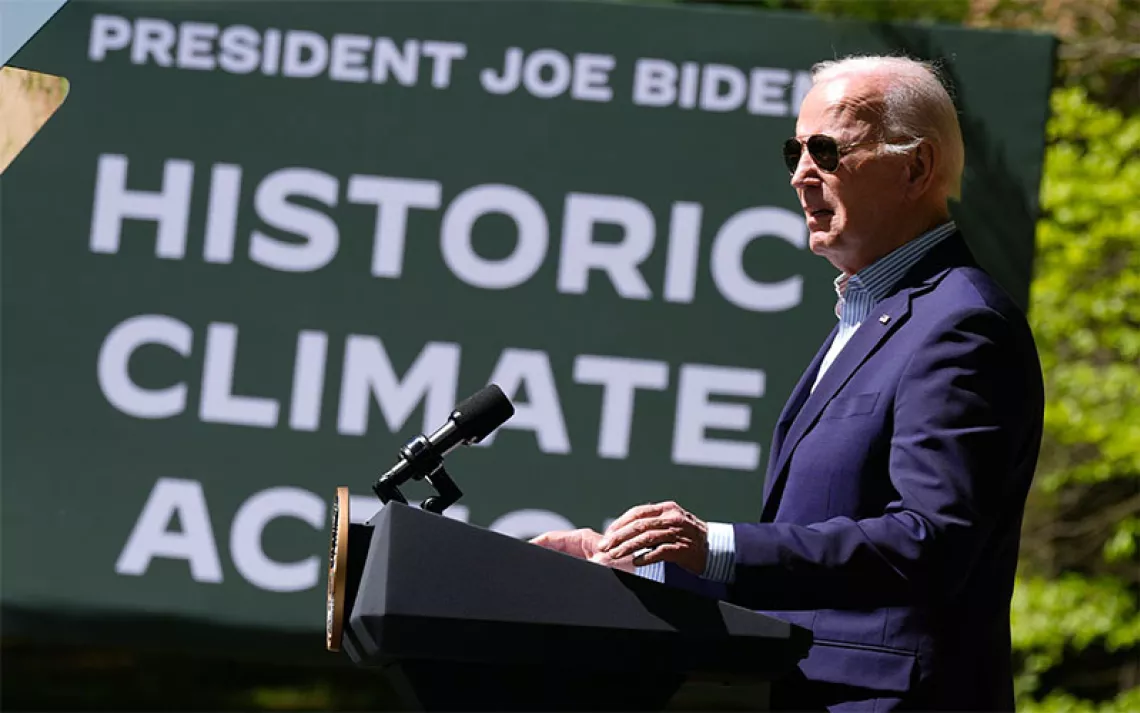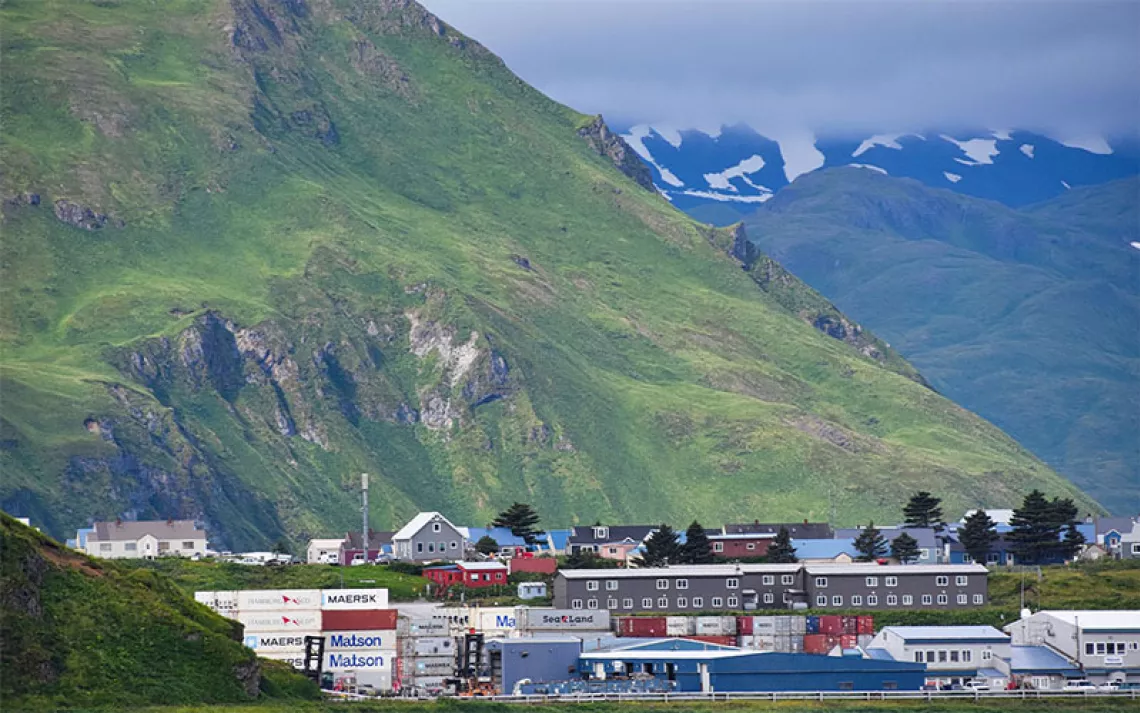All the Environmental News You Might Have Missed
Female pumpkin toadlets can no longer hear males' mating calls; sea stars rebound


Some unemployed coal miners refuse job-retraining programs in the belief that President Donald Trump will revive their industry.
House Speaker Paul Ryan calls on American women to bear more children.
The World Bank says it will no longer finance oil and gas projects after 2019.
ExxonMobil agrees to disclose to shareholders the climate risks from its oil operations.
French president Emmanuel Macron convinces 18 foreign climate scientists to relocate to France, including 13 from the United States.
Female pumpkin toadlets in Brazil have lost the ability to hear the mating calls of males.
The arrival of ride services like Uber and Lyft in major U.S. cities has led to more car traffic and less transit ridership.
The number of flying insects in German nature reserves has plunged by three-quarters over the past quarter century.
A study in the Lancet finds that pollution is responsible for 9 million premature deaths each year—more than the combined toll from war and hunger.

Hywind, the world's first floating wind farm, begins operation 16 miles off the coast of Scotland.
Britain shuts down its Halley VI research station in Antarctica, which is threatened by two huge cracks in the Brunt ice shelf.
Syria agrees to sign the Paris climate accord, leaving the United States as the only country in the world opposed to the agreement.
West Coast starfish are rebounding after being decimated by a mysterious disease known as sea star wasting syndrome.
Rio Tinto, the world's second-largest mining company, seeks to sell off its remaining coal mines in Australia and exit the coal business altogether.
More than half of all U.S. coal plants have now closed or committed to retiring.
Cars and trucks surpass electricity production as the largest source of U.S. carbon dioxide emissions.
Huge wildfires in California may wipe out the gains made through the state's many climate initiatives.
After three flat years, global carbon emissions are expected to have risen by 2 percent in 2017.
U.S. natural disasters consistent with climate change cost $306 billion in 2017.
Brad Gobright and Jim Reynolds climb El Capitan's "Nose" route in Yosemite National Park in 2:19:44, establishing a new speed record.
This article appeared in the March/April 2018 edition with the headline "Up to Speed: Two Months, One Page."
 The Magazine of The Sierra Club
The Magazine of The Sierra Club



